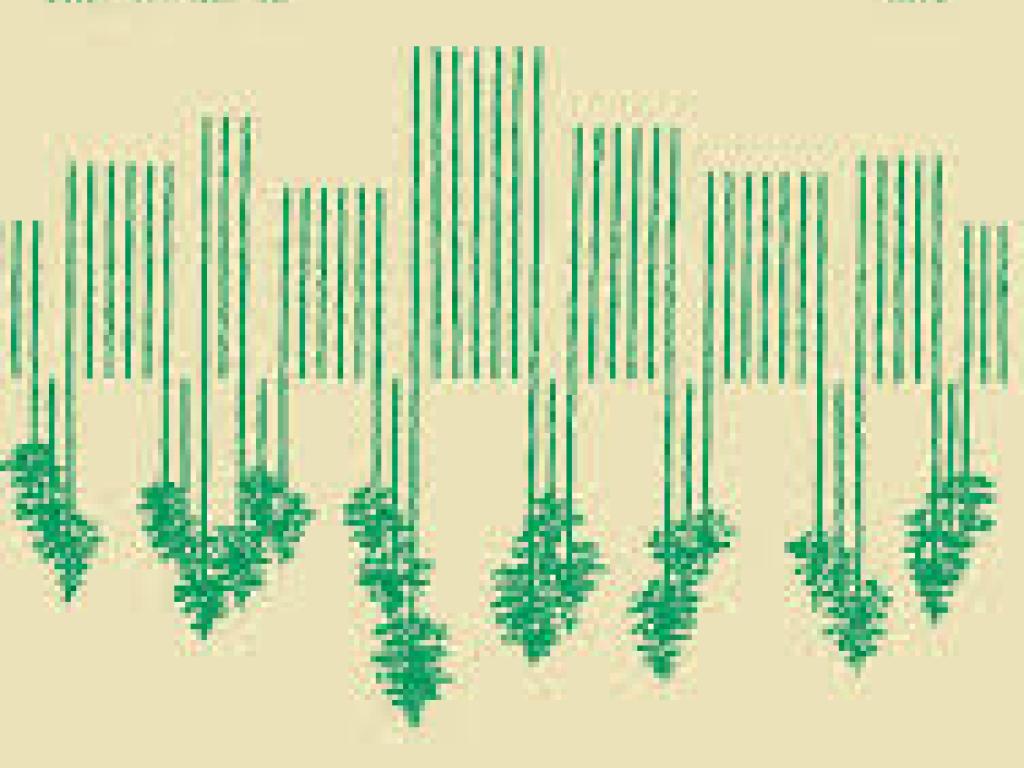Gated Adaptation during the Cape Town Drought: Mentalities, Transitions and Pathways to Partial Nodes of Water Security

Gated Adaptation during the Cape Town Drought: Mentalities, Transitions and Pathways to Partial Nodes of Water Security by Nick Simpson, Clifford Shearing and Benoit Dupont
Illustrating how mentalities govern private responses to risk, this article highlights the importance of mental frames in the selection of adaptation pathways. Scholarship emanating out of the Cape Town drought (2015–2018) has drawn attention to the effect of the drought on public mentalities and their response to the drought, transitional governance arrangements and off-grid responses to secure water supply. This article focusses on what mentalities and behaviors may not have changed for private actors that secured water through off-grid means. This is a contrarian view to the dominant drought response discourse, yet critical for understanding and charting future governance arrangements. While it is acknowledged that transforming frames have emerged from the drought and are enabling novel pathways, the article questions the distributional and transition effect of such shifts when considering gated actions that link with conventional or untransformed views and behaviors which themselves entrench alternative response pathways for the affluent.
- Highlights
-
Conventional frames govern private responses to risk.
-
Mentalities drive the selection of available response technologies.
-
Range of selected pathways indicate plural and differential views.
-
Private off-grid and gated responses contest transformed views or behaviors.
Nicholas Philip Simpson, Clifford D. Shearing & Benoit Dupont (2020): Gated Adaptation during the Cape Town Drought: Mentalities, Transitions and Pathways to Partial Nodes of Water Security, Society & Natural Resources. To link to this article: https://doi.org/10.1080/08941920.2020.1712756
